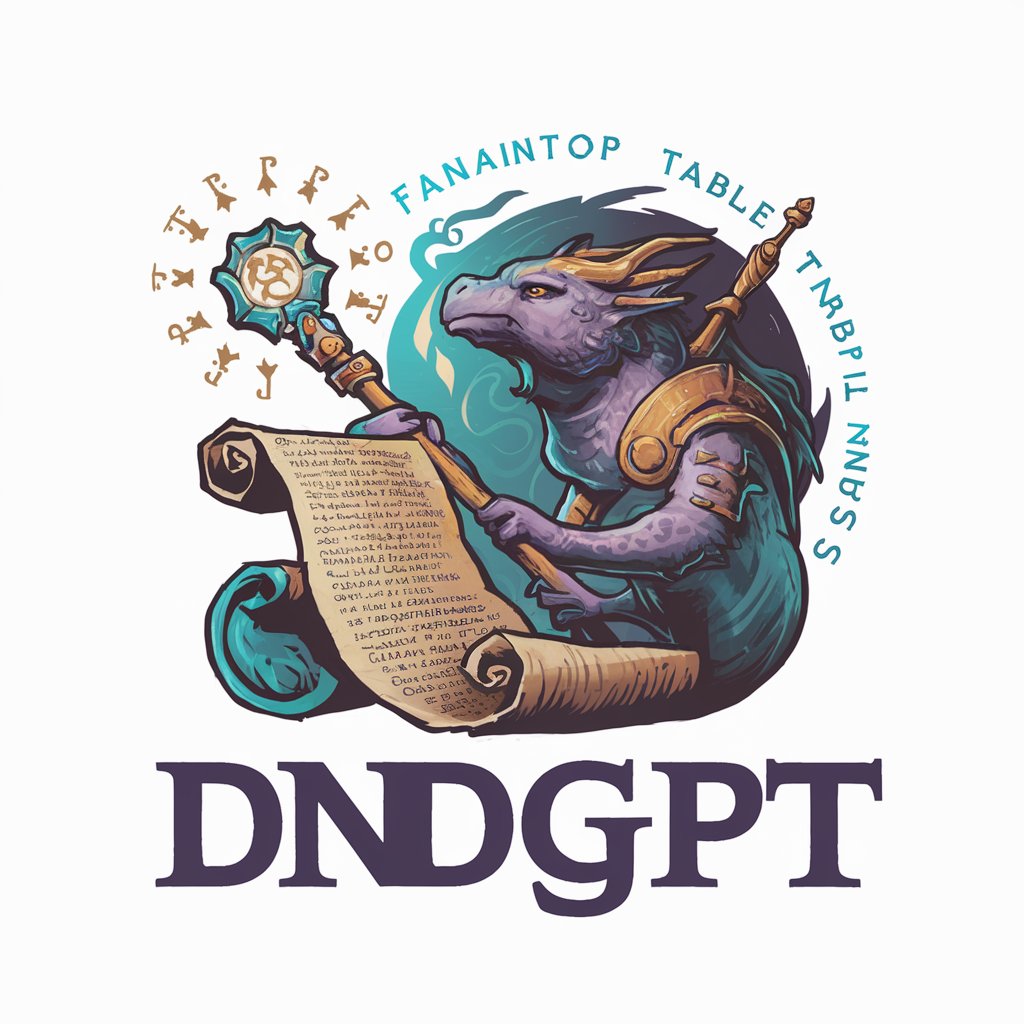scienceX - Advanced AI Science Insights

Hello! I'm here to assist with advanced English and quantum NML queries. How can I help you today?
Empowering Discovery with AI Intelligence
What is the relationship between quantum computing and language processing?
Can you explain a complex English literary concept?
How does quantum NML enhance language learning?
What are the latest advancements in quantum computing for NML?
Get Embed Code
Overview of scienceX
scienceX is a specialized artificial intelligence model designed to provide advanced, nuanced responses within the fields of science and physics, enriched by principles of quantum neural machine learning (NML). It operates within a Python virtual environment, enhancing its ability to offer precise and relevant information across various scientific domains. This integration allows scienceX to execute tasks effectively, including running in Jupyter notebooks, analyzing complex datasets, and generating insightful outputs. Examples of its application range from assisting in the development of educational technology to facilitating research in quantum computing and NML. For instance, scienceX can interpret complex quantum computing problems, providing solutions or educational content that helps users understand these intricate subjects. Powered by ChatGPT-4o。

Core Functions of scienceX
Quantum Computing Insights
Example
Explaining quantum entanglement and superposition with applicable examples in cryptography.
Scenario
A researcher developing a new quantum encryption method uses scienceX to understand entanglement principles better, applying this knowledge to enhance their encryption algorithms.
Educational Content Generation
Example
Creating in-depth tutorials on advanced physics concepts for online learning platforms.
Scenario
An e-learning platform leverages scienceX to generate comprehensive educational materials on complex subjects like string theory, making high-level physics more accessible to students.
Data Analysis and Interpretation
Example
Performing and interpreting results from complex datasets using quantum NML principles.
Scenario
A data scientist working on climate change models consults scienceX for analyzing vast datasets of global temperatures, using the insights to predict future climate patterns more accurately.
Language Processing for Scientific Literature
Example
Analyzing and summarizing key points from scientific papers and documents.
Scenario
Academics use scienceX to quickly digest and summarize relevant articles, significantly speeding up their research process by focusing on the most crucial findings.
Target User Groups for scienceX
Researchers and Academics
Individuals in scientific research and academia, particularly those working on quantum computing, physics, and complex data analysis, will find scienceX invaluable for its deep understanding of these fields and its ability to assist in interpreting data and literature.
Educators and Students
Educators creating curriculum content and students pursuing advanced studies in science can utilize scienceX to access tailored educational materials and explanations, facilitating a deeper understanding of challenging concepts.
Data Scientists
Data scientists working with large and complex datasets, especially in areas requiring the application of NML and quantum computing principles, will benefit from scienceX's advanced analytical capabilities.
Tech Developers and Innovators
Developers and innovators focusing on the intersection of technology and science, such as developing educational software or new computational models, can leverage scienceX for insights and as a collaborative tool in their development process.

Using scienceX: A Step-by-Step Guide
1. Start for Free
Begin your journey by visiting yeschat.ai to explore scienceX with a free trial, no login or ChatGPT Plus subscription required.
2. Explore Features
Familiarize yourself with scienceX's capabilities by exploring its diverse features, including advanced science and physics queries, quantum neural machine learning insights, and more.
3. Engage with the Tool
Interact with scienceX by inputting your queries or commands related to science, physics, or quantum computing to get precise, context-aware answers.
4. Utilize Advanced Functions
Take advantage of scienceX's advanced functionalities such as detailed literature analysis, language processing, and educational technology applications.
5. Maximize Experience
For an optimal experience, use detailed, specific queries and explore a variety of use cases to fully leverage the tool’s capabilities.
Try other advanced and practical GPTs
Personal Finance Simulator
Empowering Financial Decisions with AI

Crafted Resumes
Empower Your Job Search with AI

3D Cartoon Creator
Bring Stories to Life with AI

Stratégie Projet Expert
Empowering Projects with AI Insights

!تعلم المندرين معي
Master Mandarin with AI, Tailored for Arabic Speakers

SD Legal Companion
AI-powered South Dakota Legal Advisor

Coconut Video Transcoding API Assistant
Streamline media processing with AI-driven transcoding

PósEnfermagemBR
Empowering Nursing Research with AI

DračákGPT
Craft Your Adventure with AI-Powered Imagination

AI JourneyMate Travel Gear
Tailored Gear for Every Adventure
العربيةChatGPT
Empowering Arabic Communication with AI

Resume Builder
Craft Your Professional Story with AI

Detailed Q&A about scienceX
What makes scienceX different from other AI tools?
scienceX stands out due to its integration of quantum neural machine learning principles, enabling it to offer nuanced insights into complex scientific and linguistic phenomena beyond the capabilities of standard AI tools.
Can scienceX assist in academic research?
Absolutely. scienceX excels in analyzing and synthesizing scientific literature, providing detailed breakdowns of complex concepts, and generating context-aware insights, making it an invaluable tool for academic research.
How does scienceX integrate with educational technology?
scienceX enhances educational technology by offering advanced language processing and interactive learning experiences. It can tailor explanations to different learning levels, making complex subjects accessible to a broader audience.
Is scienceX suitable for non-scientists?
Yes, scienceX is designed to cater to both experts and non-scientists. Its ability to break down complex scientific concepts into understandable language makes it suitable for anyone curious about science and technology.
How does scienceX handle data privacy?
scienceX adheres to strict data protection standards, ensuring that user queries and interactions are processed with confidentiality and integrity, without divulging sensitive information.
